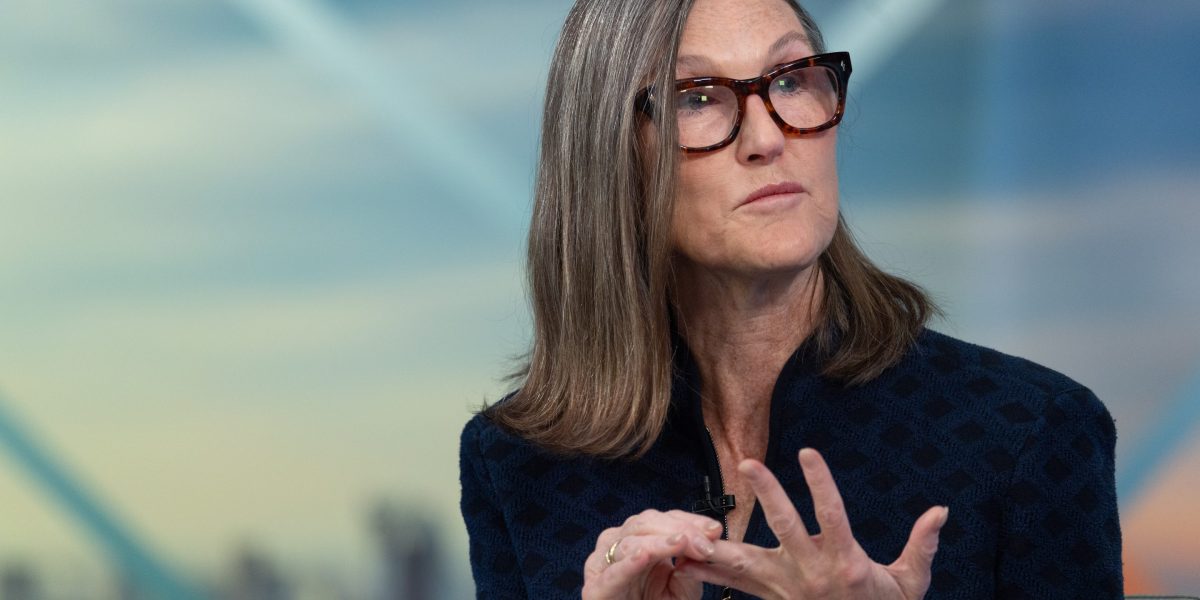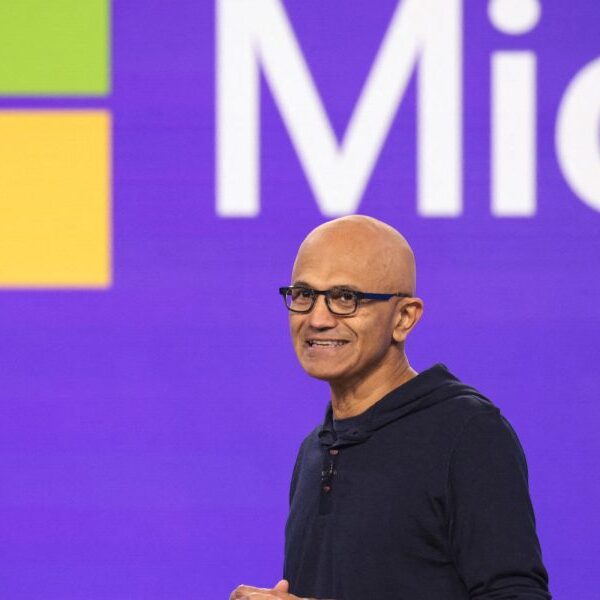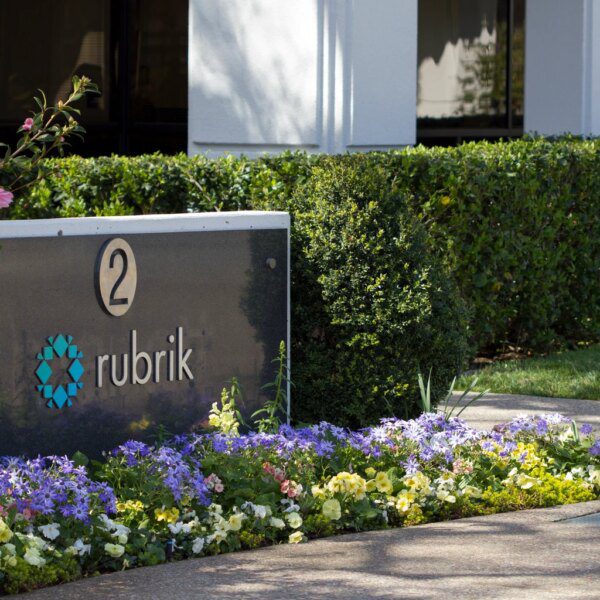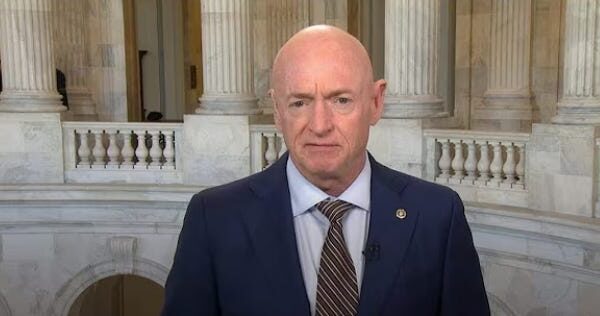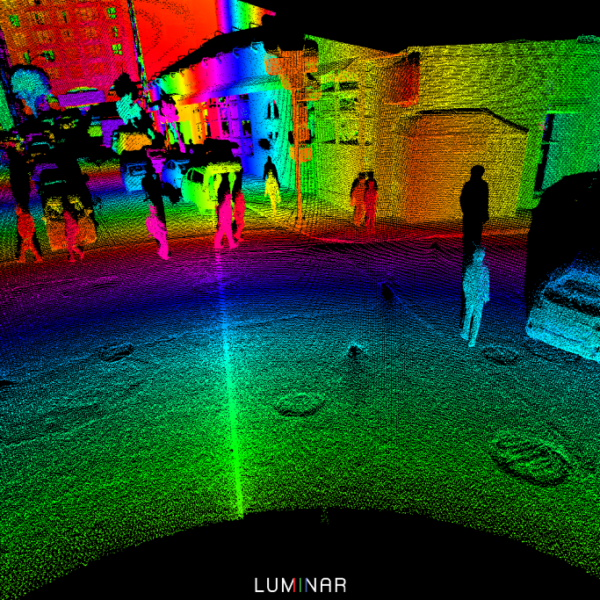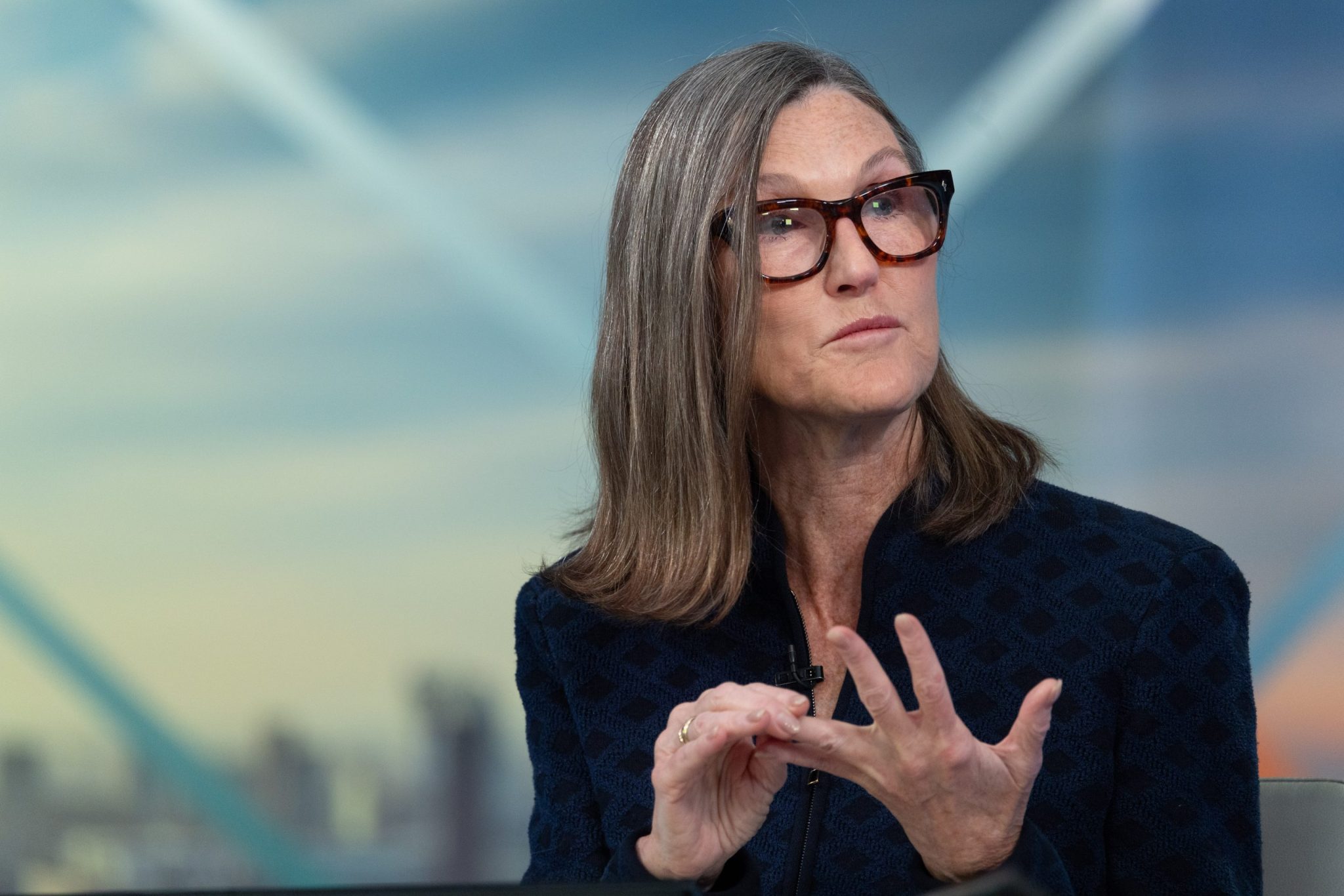
Ark Invest CEO Cathie Wood said the AI space is already being ruled by a group of “big four” players.
The 69-year-old investor said OpenAI, Anthropic, Elon Musk’s xAI, and Google’s Gemini are competing for dominance—and the competition is fierce. She noted, ultimately, the four current competitors could be narrowed down to two.
“The number of companies competing, truly competing, in the Large Language Model space has shrunk,” she told Bloomberg.
The recent “acquihires” conducted by OpenAI and Meta, which is not in Wood’s big four, are also examples of the AI space getting smaller, and of “other companies not making it,” she said.
ChatGPT maker OpenAI has been one of the most prolific buyers in the startup space this year. In 2025 alone, the company shelled out $6.4 billion to acquire io, the hardware startup from former Apple designer Jony Ive, as well as $1.1 billion to buy product-development platform Statsig. These deals come as the company has also “acquihired” top talent from startups, including the team behind coding assistant company Alex.
Meta, for its part, conducted its own high-profile acquihire earlier this year when it committed about $14.3 billion for a 49% stake in startup Scale AI and brought on its 28-year-old CEO, Alexandr Wang,as its first-ever chief AI officer.
When it comes to AI consolidation, “the process has started,” said Wood, but the final result is still not in.
“Let’s see over time how they leapfrog one another, and they are doing that regularly,” she said.
Ark Invest’s star ARK Innovation ETF is up 47% year-to-date as of Tuesday thanks in part to the stellar performance of its top holdings in 2025 including, Roku, Coinbase, and Roblox. Its top holding, Tesla, is up a comparatively lower but solid 8% over the same period despite tumult earlier this year.
Wood, who earlier this year warned of stalling growth, has changed her tune and pointed to the possibility that inflation rates could drop to zero in the coming years as AI-driven productivity increases push inflation down. These productivity increases, however, have come hand-in-hand with higher unemployment and a Fed rate cut last week, which Fed chairman Jerome Powell justified partly because younger people are struggling to find jobs.
Wood countered that these productivity increases could be good for the AI sector as a whole since companies are cutting back on employees but also increasing the money they put into AI services.
“They’re willing to pay $20 a month. Some are willing to pay $200 a month, and those who are replacing PhDs, they’re willing to pay $2,000 a month or more,” she said.

